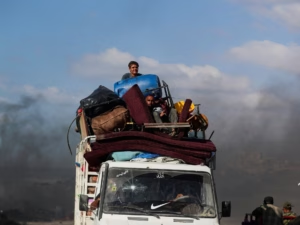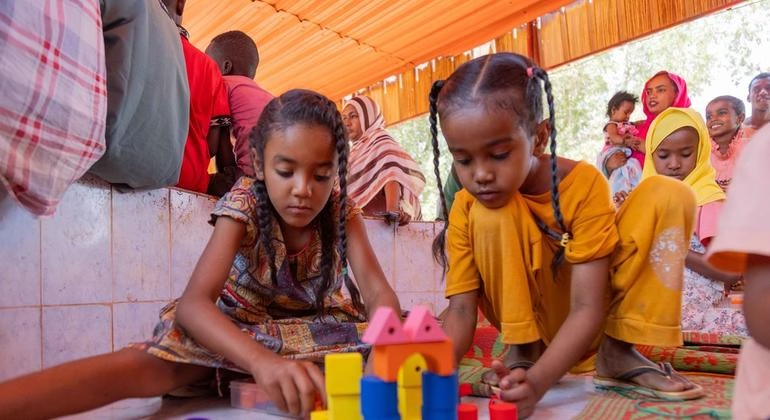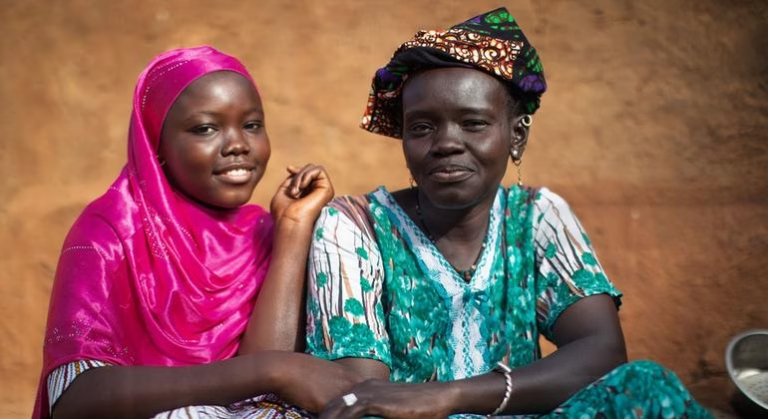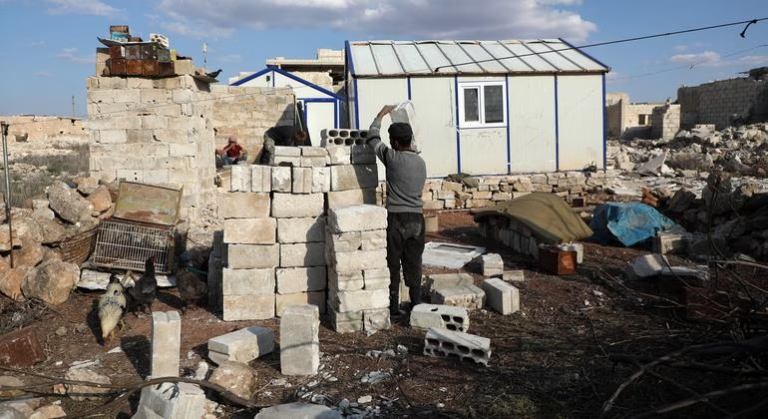The United Nations Children’s Fund (UNICEF) has reported that a concerning number of children, now rising to 15 million, are in urgent need of support due to ongoing violence between the Sudanese Armed Forces (SAF) and the Rapid Support Forces (RSF). This number has increased significantly from 7.8 million at the beginning of 2023 when the conflict began.
According to UNICEF, the situation is dire as violence against children, rising levels of hunger, and infectious diseases are escalating alongside widespread displacement disrupting the lives of many. Furthermore, as the rainy season approaches in May, humanitarian access and funding are dwindling, exacerbating the crisis.
UNICEF Executive Director, Catherine Russell, has called upon the international community to take action to support the children of Sudan, highlighting the imminent dangers posed by malnutrition and disease during the rainy season.
Sudan is currently facing the world’s largest humanitarian and child displacement crises, with over 30 million individuals in need of humanitarian assistance this year. The conflict has uprooted the lives of 12.4 million people, more than half of whom are children, with a significant portion under the age of five. Even in areas where people can return home, unexploded weapons, limited access to essential services, and the spread of famine pose a heightened risk to children’s lives. Additionally, vaccination rates are dropping, and it is reported that about 90 per cent of children are not attending school.
Grave violations against children have surged tenfold, including incidents of killing, maiming, abduction, recruitment, sexual violence, attacks on schools and hospitals, and denial of humanitarian access. These violations were previously confined to areas such as Darfur, Blue Nile, and South Kordofan but have now been verified in more than half of Sudan’s 18 states.
The situation is further compounded by the confirmation of famine in 10 locations, as stated by the UN World Food Programme (WFP), with the rainy season increasing the risk of flooding. UNICEF has also warned of the potential for disease outbreaks, with recent reports of 49,000 cases of cholera and over 11,000 cases of dengue fever, mostly affecting mothers and children.
Humanitarian access to children in Sudan is deteriorating due to the intensity of the conflict and restrictions imposed by authorities or armed groups. Funding for essential health, nutrition, education, and protection programs is critically low, putting these services at risk.
UNICEF is appealing for $1 billion to fund its operations in Sudan in 2025, which equates to just $76 per person, or 26 cents per day. Currently, $266.6 million is available, with most of the funding rolled over from the previous year and only $12 million received so far this year.
Despite the challenges, UNICEF and its partners have been able to provide critical services to 2.7 million children and caregivers, reach nearly 10 million children and families with safe drinking water, and screen 6.7 million youngsters for malnutrition, providing lifesaving treatment to 422,000 of them.
Executive Director Catherine Russell emphasized that Sudan is the largest humanitarian crisis in the world today, yet it is not receiving the attention it requires. She urged that the children of Sudan should not be abandoned, and called for access to affected areas and sustained funding to support UNICEF’s efforts to scale up their support.
Source: https://news.un.org/feed/view/en/story/2025/04/1162226









